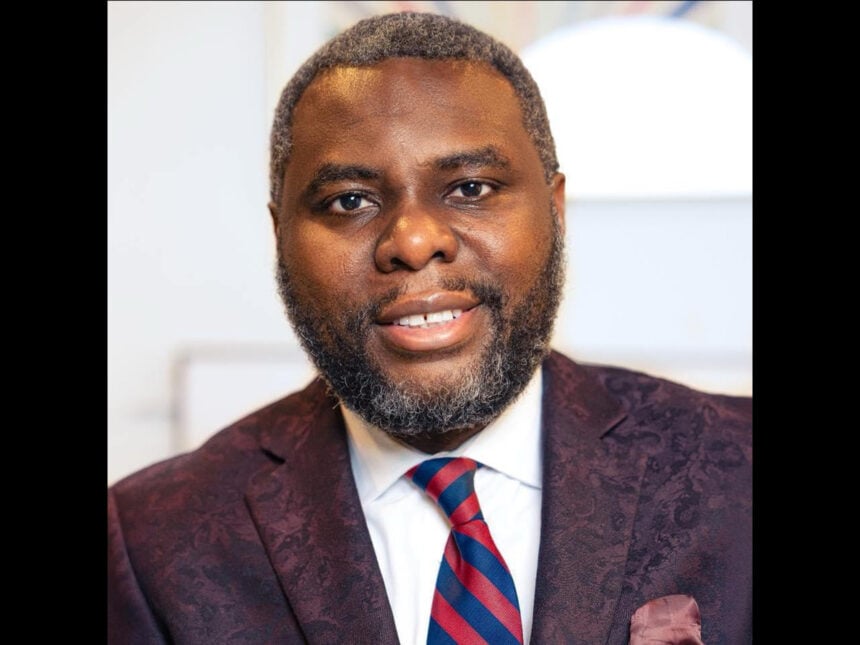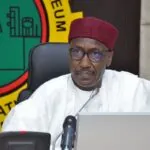A licensed attorney in both Nigeria and the United States of America, Christian Oronsaye, has urged the Nigerian Bar Association (NBA) to explore new opportunities to expand the scope of legal practice in the country.
In an exclusive interview with Tribune Online on Tuesday, Oronsaye stated that the Bar has not done enough to make the legal profession profitable in Nigeria, and that more effort must be directed towards achieving that goal.
Oronsaye, who was the Best Graduating Student at the Nigerian Law School with a First Class degree, expressed concern that legal practice in Nigeria is considerably limited in comparison to the United States, where the tort process continually expands individual rights.
He explained that many U.S.-based lawyers refer to themselves as “gangsters” because of their ability to identify and create opportunities for legal challenges and to enforce rights through the legal system.
Citing an example, he noted the difficulty in filing a suit against the Economic and Financial Crimes Commission (EFCC) in Nigeria for either failing to carry out an investigation or for doing a poor job, except through the limited avenue of fundamental rights enforcement.
He added that a similar situation exists with the Niger Delta Development Commission (NDDC), where only the government appears to have the legal standing to initiate a lawsuit, rather than the communities the agency is meant to serve.
“My recommendation to the Nigerian Bar Association is to start identifying opportunities to broaden legal practice,” Oronsaye said.
“Having worked in Nigeria, I believe the Bar Association has not succeeded in making the profession profitable.
“In contrast, we have found ways to make legal practice profitable in the United States. There is even a term we lawyers use in the U.S.—we call ourselves ‘the gangsters’—because we push the system by creating legal challenges and rights enforcement opportunities.
“There is always some form of tort process that continues to expand legal rights almost every day.
“In Nigeria, our areas of practice are limited. If you are not in public service, then you are in private practice—and even within private practice, the scope of work is quite narrow.
“For instance, aside from filing a fundamental rights case, it is difficult to sue the EFCC for failing to investigate or for mishandling a case.
“Take the NDDC, for example. It seems only the government can sue the agency when it fails to fulfil its mandate, rather than the affected communities where the agency is supposed to operate,” he said.
ALSO READ TOP STORIES FROM NIGERIAN TRIBUNE






